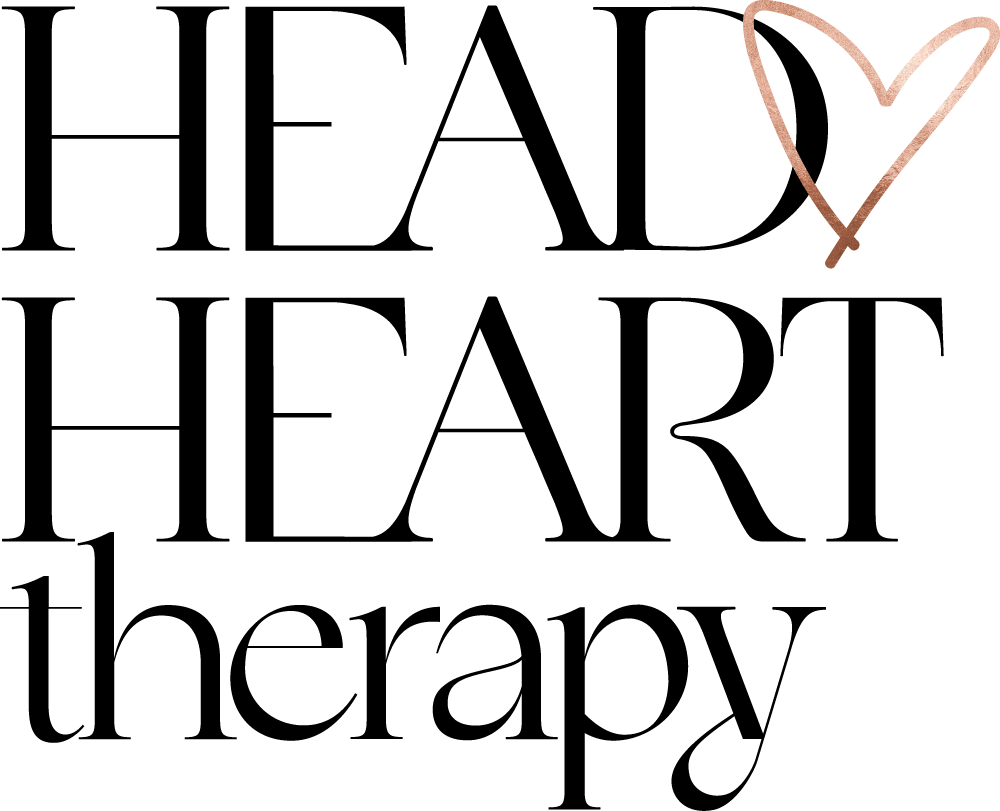From the Heart of the Executive Director
How are you today? No really, how are you? How is your mind? Your Heart? Your Body? Your Spirit?
These are questions that I’ve asked myself, clients, family, friends, and coworkers on a regular basis. The past several months — more specifically all of 2020 — has been a year inundated with pain, relief, sorrow, joy, racial unrest, tension, anger, exhaustion, discomfort, and confusion…just to name a few emotions. Oftentimes, I have heard many people experiencing all of these emotions at once, until it leaves them feeling numb. I recognized these conversations stem from having witnessed something tragic in the media involving people of color, unjust systems built on oppression and supremacy, and the death of individuals because of the color of their skin.
Like most of us, I have been infuriated with the amount of unjust and discriminatory acts seen across tv and social media. Fortunately, I am a part of a team who has always embraced me with love, support, and a willingness to do their own work. This phrase of ‘do your own work’ has graced this world for many years, but in the past several months, it seems more relevant than ever before that we roll up our sleeves and really DO that work.
This year, I have witnessed the urgency and persistence of individuals, teams, and corporations alike, providing webinars and trainings on topics such as implicit bias and racism, making changes within the workplace by offering leadership positions to people of color and many other great steps forward. But for many of us we can feel confused on how we can show up or contribute, even when we have a deep desire to do so. I’ve heard many people say, “I don’t want to do or say the wrong thing.” Or “I don’t know where to start,” when in fact, remaining silent and doing nothing is the most harmful. The most important step is to start within. We are all needed in this movement. So, what does this mean for therapists, healers, and social justice warriors?
We must start by asking ourselves difficult and sometimes painful questions: What needs dismantling and reflection within my life? What can I do in order to move through the discomfort I feel when we have conversations about those who are and continue to be oppressed? What would it look like to shift away from using the same techniques and common practices with all of my clients? How do I acknowledge and create awareness around the oppressive systems that are operating around me? How am I contributing to these oppressive systems? How does oppression allow me to interact with myself and the world? Am I willing to notice and reflect on how these ideas come up? If so, am I committed to make the daily decision to reflect on my thoughts, actions, and beliefs? How can I best support the populations and communities that are severely impacted by generations of trauma, while moving beyond presumptions linked to these populations/communities within and outside the therapy space? While this list of questions is a starting point, there are many self reflective questions that can be explored.
Here at Head/Heart Therapy, our team has been dedicated to creating conversations about ways in which we can shift our work to be liberation focused; within our therapy practice and in our own personal lives. We have begun to explore the profound effects of injustice, violence, and exploitation of others and our opportunity to recognize the needs of oppressed people, populations, and communities – inside and outside of our office. Our team recognizes the invitation to hold a healing space for those who have different life experiences than we do.
Liberation moves us beyond debates of whether or not we should take action and really allows us to look at this world through a lens of empowerment, healing, and transformation. By integrating this approach and focus into our work, we allow the opportunity to address the social and political oppressions experienced by disadvantaged and marginalized groups. Shawna Murray- Browne, LCSW-C shares it beautifully, “Freedom is individual, but liberation is collective”.
Regardless of a therapist’s theoretical orientation, approach, or treatment modality; liberation practices can be woven into anyone’s work and way of living. This allows all of us to take action and be intentional about showing up, being with, and supporting those impacted by all forms of oppression. Engaging with clients and honoring the strength in their story can foster resilience, growth, and transformation.
As I reflect on my own personal journey, I have continued to remain curious about what it would look like to feel fully liberated and create distance between myself and oppression. Oppression that I have experienced and will continue to experience. While I know this is a journey that will require discomfort and my own personal reflections and awareness, I am met with an overwhelming sense of compassion for myself and those who will embark on this voyage with us.
Liberate. Empower. Grow. Transform. Strengthen. Heal.
